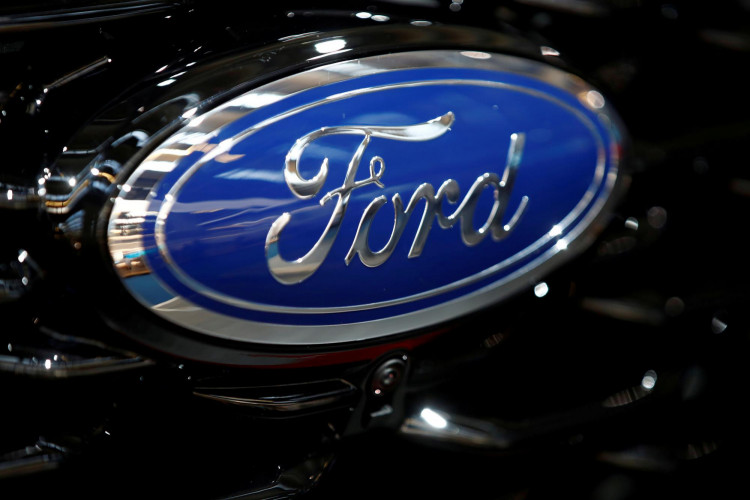Ford Motor Company announced Thursday that it will enable all its dealers to sell and service EVs. This move is expected to bring over 90% of Americans within a 25-mile radius of a Ford dealership offering electric models, significantly expanding the company's EV market reach.
The decision marks the end of Ford's "Model e" dealer program, which was launched in 2022. This program required dealers to make substantial investments to become "EV-certified." Dealers could opt for two tiers: Certified or Certified Elite, each with varying levels of investment and infrastructure requirements. Initially, the program saw enthusiastic participation, with 1,920 dealers enrolling. However, over time, enrollments dwindled to just over 50%, down from approximately two-thirds.
Marin Gjaja, Chief Operating Officer for Ford's Model e division, explained during a media briefing that the decision to sunset the Model e program came after extensive feedback from dealers and a changing market landscape. "The world has changed. The growth [in EV sales] has slowed down," Gjaja stated. By opening EV sales and service capabilities to all dealers, Ford aims to drive broader adoption and streamline the customer experience.
Starting July 1, 2024, all Ford dealerships will have the opportunity to sell and service EVs. This initiative is part of Ford's strategy to bridge the gap between current EV capabilities and consumer perceptions. Gjaja noted that simplifying the sales process and making EVs more accessible through an extensive dealer network could help alleviate consumer concerns about range, charging infrastructure, and overall performance.
Dealers who had already invested in the Model e program will still benefit from their investments. Gjaja highlighted that these dealers, with their advanced charging infrastructure, are likely to see increased traffic, leading to higher sales, service revenue, and charging income. Discussions with these dealers are ongoing to ensure their efforts and investments are recognized and leveraged effectively.
Ford's decision comes on the heels of a significant surge in its EV sales. In May alone, the company reported a 65% increase in EV sales. The F-150 Lightning continues to dominate as the top-selling electric truck in the U.S., with 4,255 units sold. The Mustang Mach-E secured its position as the second best-selling electric SUV, trailing only Tesla's Model Y. Additionally, E-Transit sales jumped by 77% year-over-year, with 1,450 units sold.
Despite these gains, Ford's EV market performance has not met the high expectations set in previous years. The slower-than-anticipated growth has led many automakers, including Ford, to reassess their EV strategies and investments. The Model e program faced criticism and legal challenges from dealers who were concerned about the high costs associated with becoming EV-certified.
Gjaja acknowledged that the initial investment estimates for the Model e program, ranging from $500,000 to $1.2 million, were indeed high. On average, participating dealers invested about $600,000. By lowering the investment threshold and opening the program to all dealers, Ford aims to reduce barriers and foster a more inclusive approach to EV sales.
The broader accessibility aligns with Ford's ongoing efforts to innovate and lead in the EV market. Recently, Ford celebrated the rollout of its first all-electric Explorer from its new Cologne EV plant in Germany. The company plans to introduce a second EV, an electric sports crossover based on Volkswagen's MEB platform, with production starting by the end of the year.
As Ford transitions to this new phase, it remains the second best-selling EV brand in the U.S., with over 37,200 electric vehicles sold through May, nearly double the previous year's sales at this time. The company is poised to leverage its extensive dealer network to drive further growth and solidify its position in the competitive EV market.






